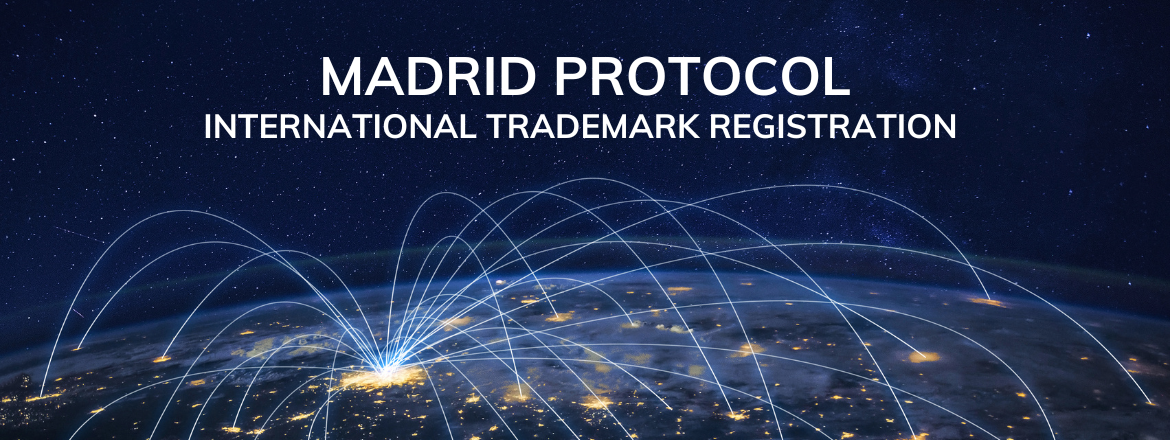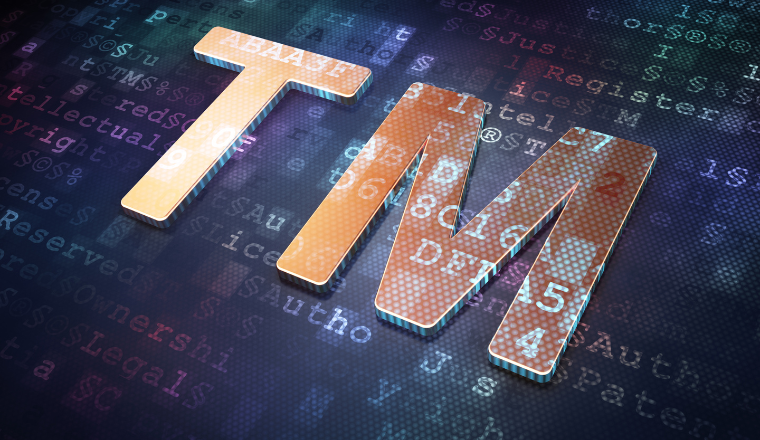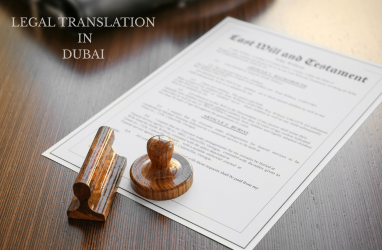Overview of the World Intellectual Property Organization (WIPO)
WIPO plays a pivotal role in administering the Madrid Protocol. As a specialized agency of the United Nations, It ensures the effective operation of the Protocol, provides assistance to member countries, and facilitates international cooperation in the realm of intellectual property.
Future Trends and Developments
- Evolution of the Madrid Protocol and Potential Enhancements
As global trade dynamics evolve, the Madrid Protocol is likely to adapt to meet new challenges and opportunities. Potential enhancements may include further harmonization of examination procedures and expanded membership to include more countries.
- Influence of Technology and Digital Advancements on International Registrations
Advances in technology, such as e-filing, digital communication, and the metaverse's impact on intellectual property, are poised to revolutionize the international trademark registration process further. These innovations will likely contribute to increased efficiency and reduced processing times.
- Anticipated Impact of Changing Global Trade Dynamics on Trademark Protection
As international business landscapes shift, the importance of trademark protection becomes even more pronounced. The Madrid Protocol's role in providing a streamlined mechanism for safeguarding intellectual property rights will continue to be crucial in an ever-changing global marketplace.
Conclusion
The Madrid Protocol stands as a beacon of efficiency, cost-effectiveness, and accessibility in the realm of international trademark registration. Simplifying the complex process of securing trademark protection across multiple jurisdictions, empowers businesses to expand their reach and protect their brands on a global scale. As the world of commerce continues to evolve, the Madrid Protocol remains an indispensable tool for businesses seeking to thrive in the dynamic arena of international trade.
Ready to Navigate Global Trademark Protection? Consult with our experts today to leverage the power of the Madrid Protocol and Safeguard Your Brand's Identity Across Borders. Drop us an email at [email protected] for a complimentary consultation.
Frequently Asked Questions
What is the Madrid Protocol?
The Madrid Protocol, administered by WIPO, is an international treaty simplifying the process of registering trademarks globally through a single application, promoting efficiency and cost-effectiveness.
How does the Madrid Protocol streamline trademark registration?
It offers a centralized application process, allowing businesses to secure multi-jurisdictional protection through a single application, reducing administrative burdens and costs.
What are the advantages of the Madrid Protocol?
Advantages include cost-effectiveness, centralized application management, and flexibility for expanding businesses in multiple jurisdictions.
What key considerations are crucial for using the Madrid System?
Eligibility requires a trademark application or registration in the home country. Strategic planning for country inclusion, addressing challenges, and engaging experienced professionals are essential.
What are the potential drawbacks of the Madrid Protocol?
Differences in trademark laws and examination procedures across countries can lead to varied registration outcomes. Refusal in one country may impact the entire international registration.
How can businesses mitigate risks and ensure successful international registrations?
Thorough research, adherence to each country's requirements, seeking professional guidance, and proactive addressing of challenges enhance the chances of success.
What role does WIPO play in the Madrid Protocol?
As a specialized UN agency, WIPO administers the Protocol, ensures its effective operation, provides assistance to member countries, and facilitates international cooperation in intellectual property.
What future trends are anticipated for the Madrid Protocol?
The protocol is expected to evolve to meet new challenges, potentially enhancing examination procedures' harmonization and expanding membership. Technology and digital advancements will likely contribute to increased efficiency.
Why is trademark protection crucial in changing global trade dynamics?
As international business landscapes shift, trademark protection becomes more important. The Madrid Protocol offers a streamlined mechanism for safeguarding intellectual property rights in a dynamic global marketplace.





